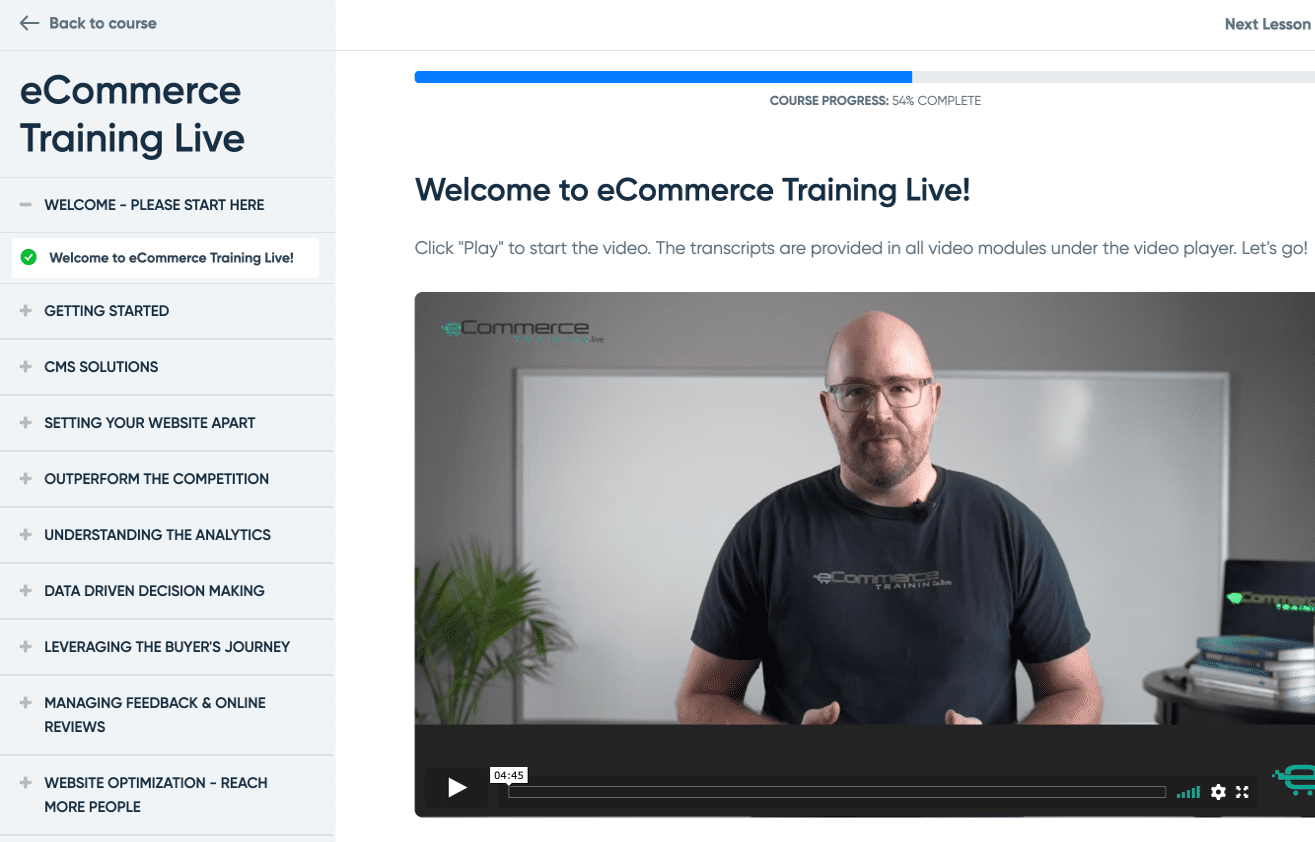Understanding the Importance of SEO for Ecommerce
In today’s marketplace, having an ecommerce website is not enough. You need to have a strong online presence, and this is where search engine optimization (SEO) comes into play. SEO is the process of optimizing your website to rank higher in search engine results pages (SERPs) to drive more traffic and sales to your ecommerce store.
In this article, we will discuss some SEO strategies that can help boost your ecommerce sales and increase your online visibility.
Conducting Keyword Research to Optimize Product Pages
Keyword research is the foundation of SEO for ecommerce. It involves identifying the words and phrases that potential customers use when searching for products in your niche.
By using these keywords strategically on your product pages, you can improve your chances of appearing higher in SERPs. To conduct keyword research, you can use tools like Google Keyword Planner, Ahrefs, or SEMrush.
Once you have identified the keywords that are most relevant to your products, you can use them in your product titles, descriptions, meta tags, and URLs.
Creating Compelling Product Descriptions and Titles
Product descriptions and titles are crucial for SEO and sales. They should be unique, informative, and compelling to capture the attention of potential customers.
When creating product descriptions, make sure to include relevant keywords, features, and benefits. Use bullet points, images, and videos to break up text, and make it easy to scan. Product titles should also be optimized with target keywords and be concise, descriptive, and memorable.
Avoid using generic terms, and instead, use specific, long-tail keywords that are more likely to convert.
For example, instead of “realtorwebsite.com/marketreport”, consider a more specific approach that will capture a user’s search intent, such as, “realtorwebsite.com/hamptons-inventory-and-local-neighborhood-guide”, emphasize amenities, schools, local attractions, and market trends. Play with the URLs of your pages and posts to be as keyword relevant as possible.
Utilizing Internal Linking to Improve Site Navigation
Internal linking is an effective way to improve the navigation and structure of your ecommerce website. It involves linking related pages within your website to help search engines understand the hierarchy and context of your content. By doing so, you can improve the user experience, reduce bounce rates, and increase the time spent on your website.
To create internal links, you can use anchor text that includes relevant keywords, link to related products and categories, and use breadcrumbs to show users where they are on your website.
Building Quality Backlinks to Boost Domain Authority
Backlinks are links from external websites that point to your ecommerce store. They are important for SEO because they signal to search engines that your website is trustworthy and authoritative. To build quality backlinks, you can use tactics like guest posting, broken link building, or influencer outreach. Make sure to prioritize links from reputable websites that are relevant to your niche.
Avoid using “black-hat” (frowned-upon / against the rules) tactics like buying links or participating in link schemes, as they can harm your website’s reputation and rankings.
Measuring Success with Analytics and Adjusting Strategies
Finally, to ensure that your SEO strategies are effective, you need to measure your success with online analytics. Google Analytics is a free tool that can help you track your website’s traffic, engagement, and conversion rates. By looking at metrics like bounce rates, time on site, and click-through rates, you can identify areas for improvement and adjust your strategies accordingly. You can also use A/B testing to compare different versions of your website and see which ones perform better.
SEO is an ongoing process that requires patience, dedication, and continuous improvement. By implementing these strategies, you can boost your ecommerce sales, improve your online visibility, and stay ahead of the competition.
Remember to keep an eye on the latest SEO trends and best practices, and to adapt your strategies to the ever-evolving digital landscape. Happy optimizing!










